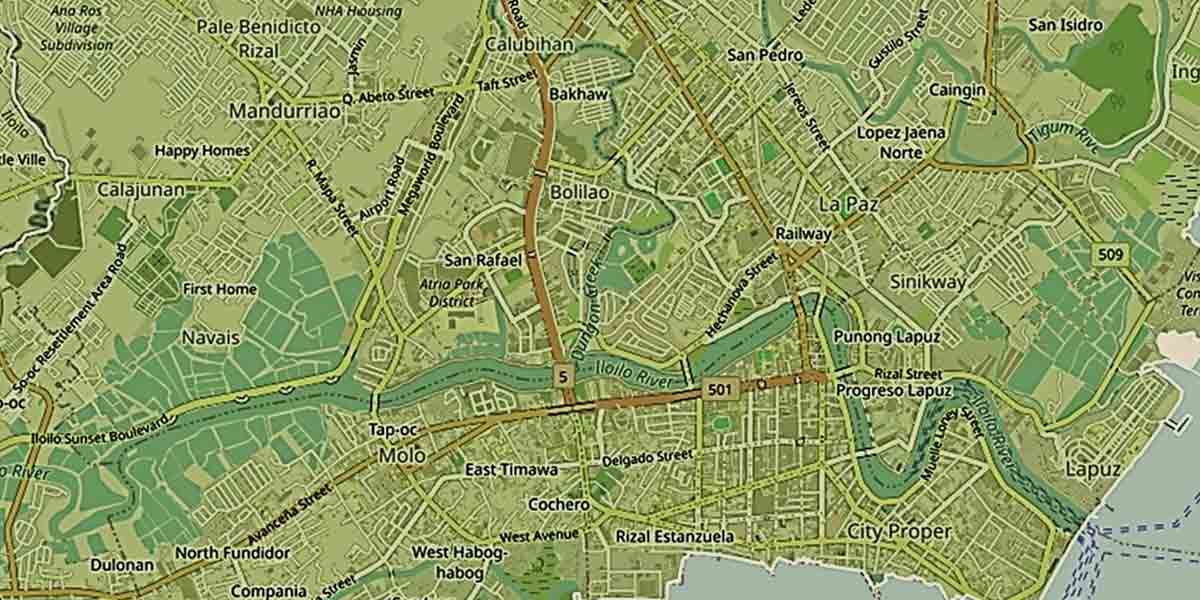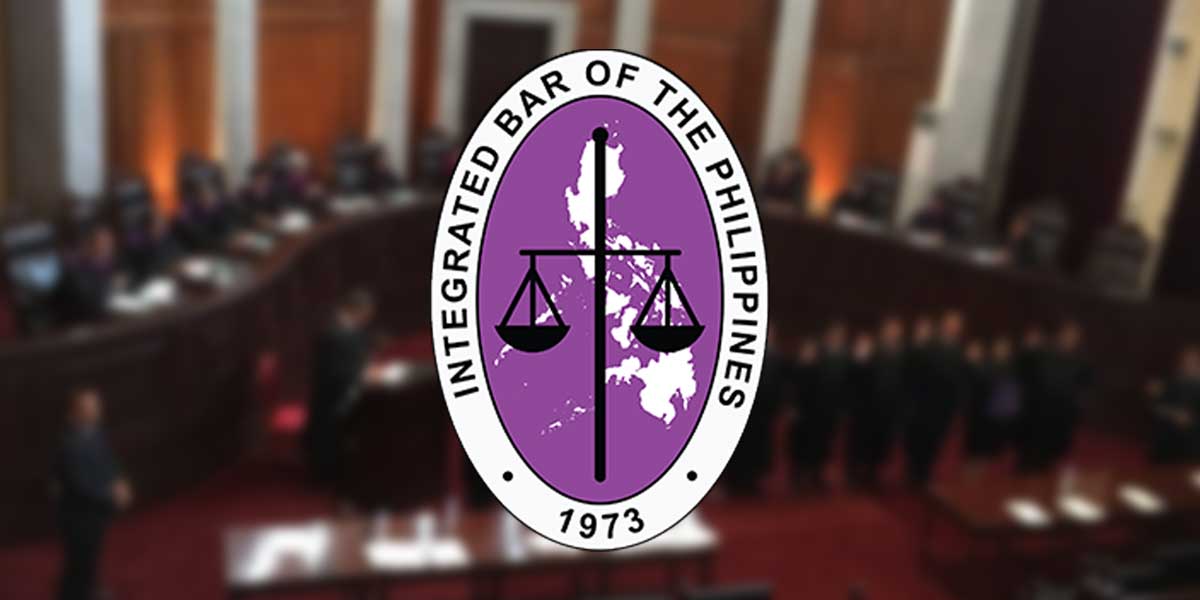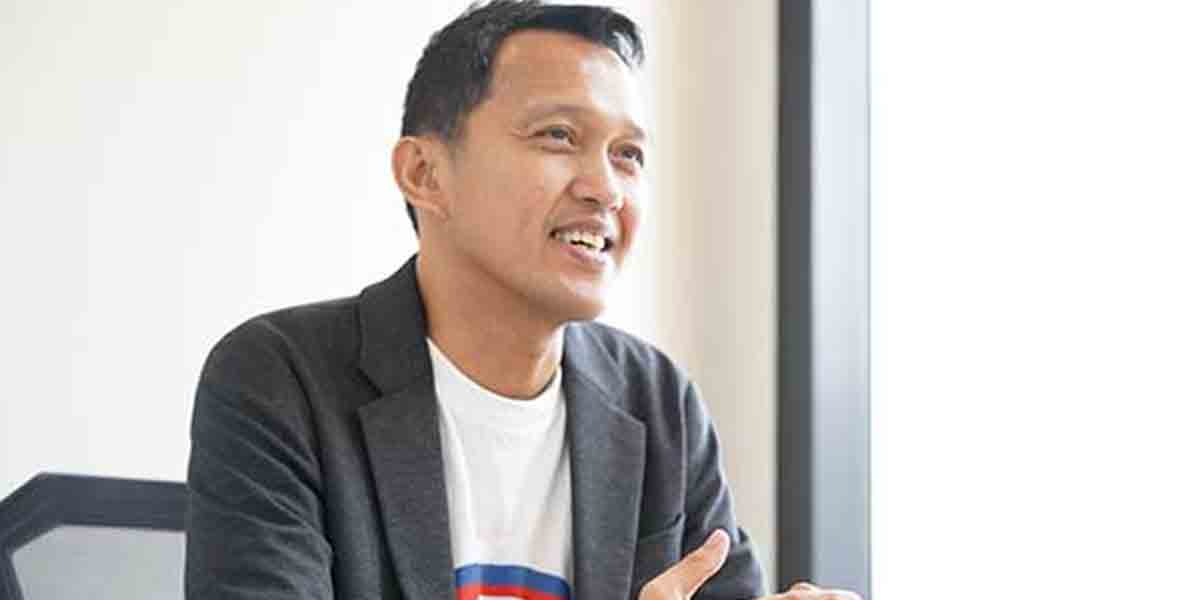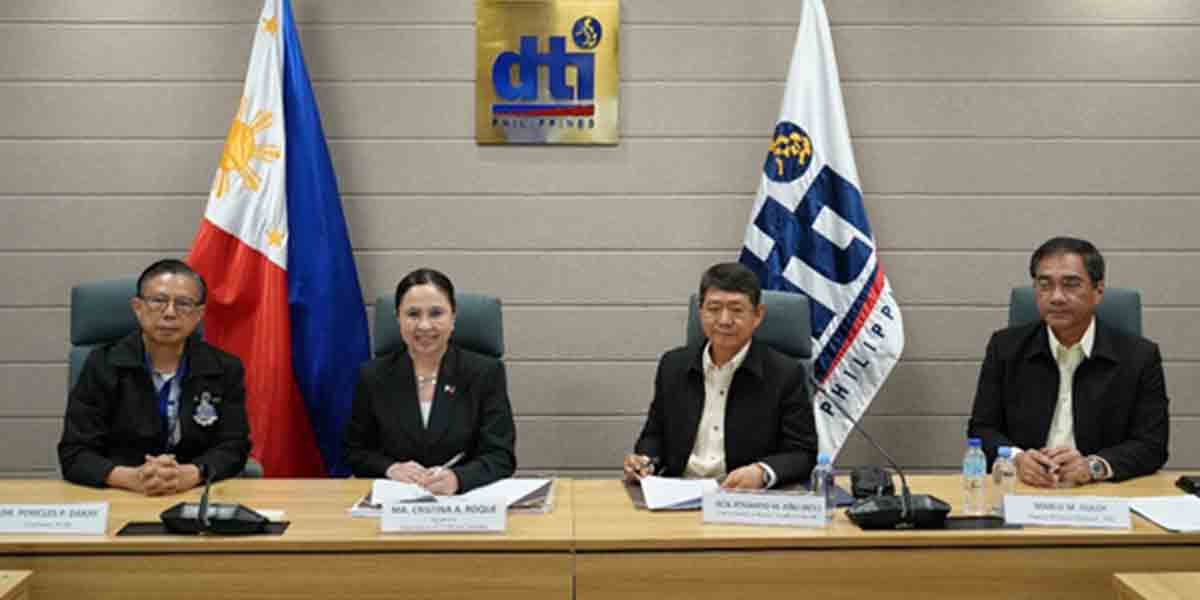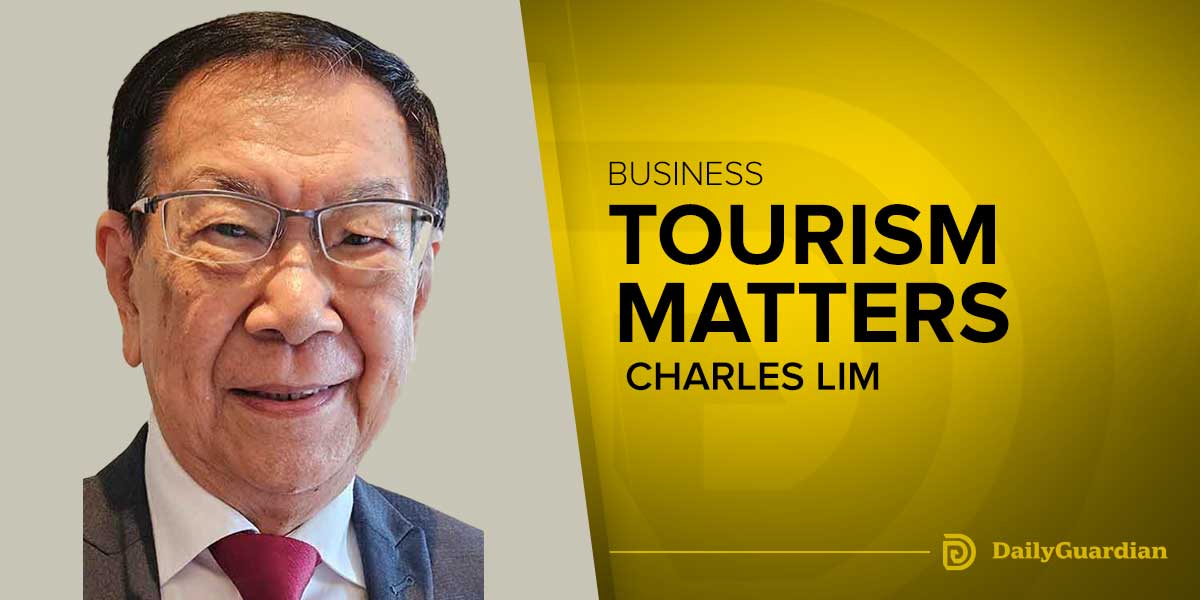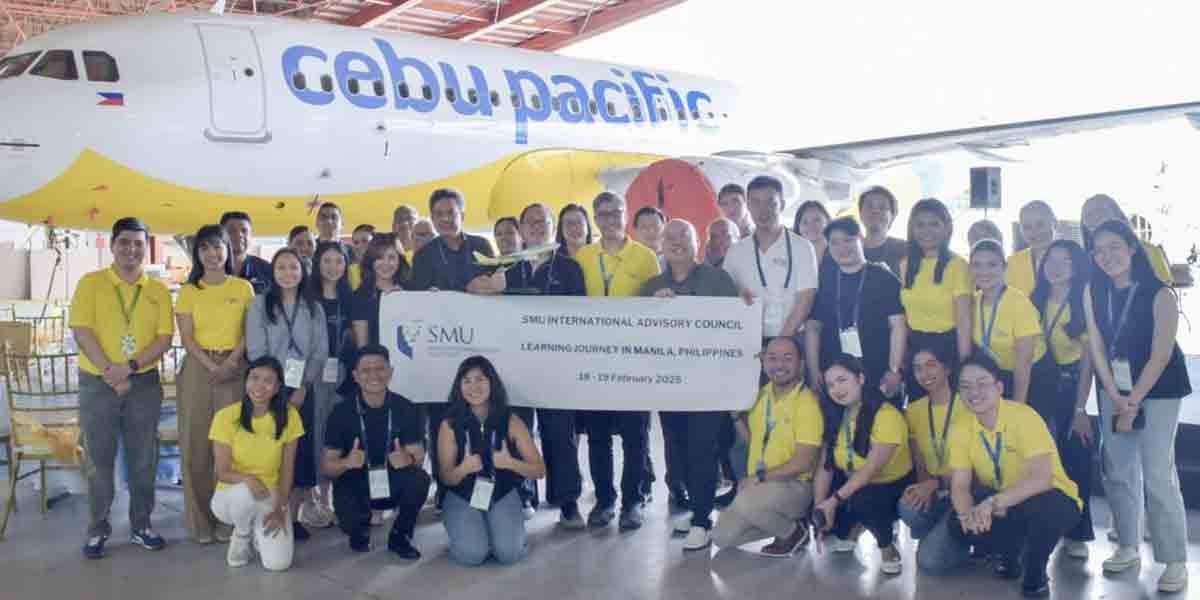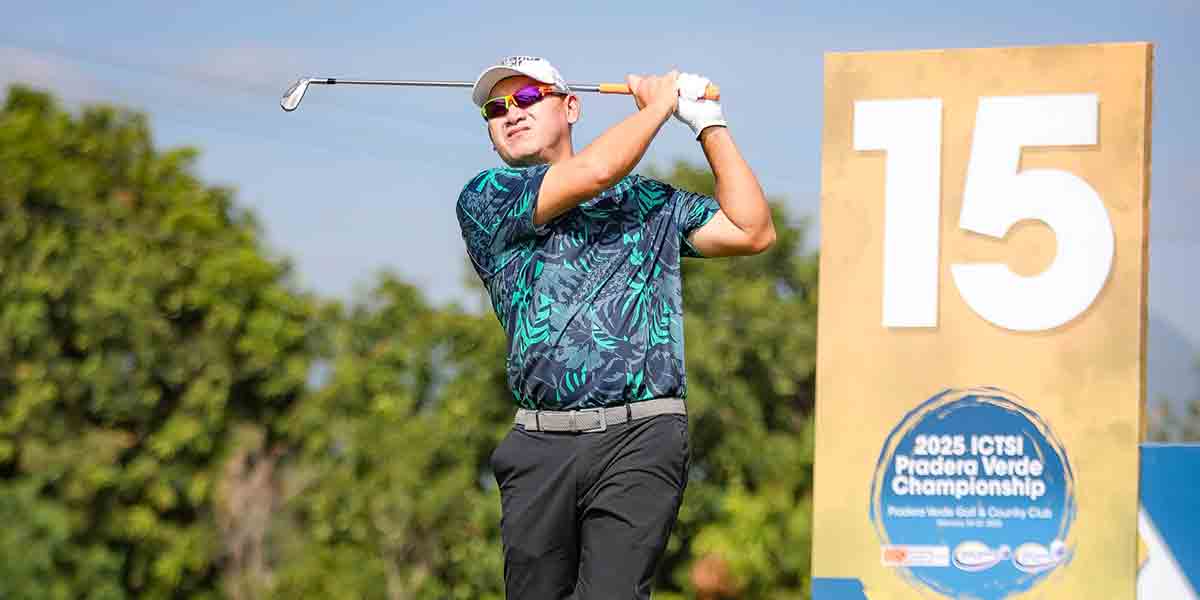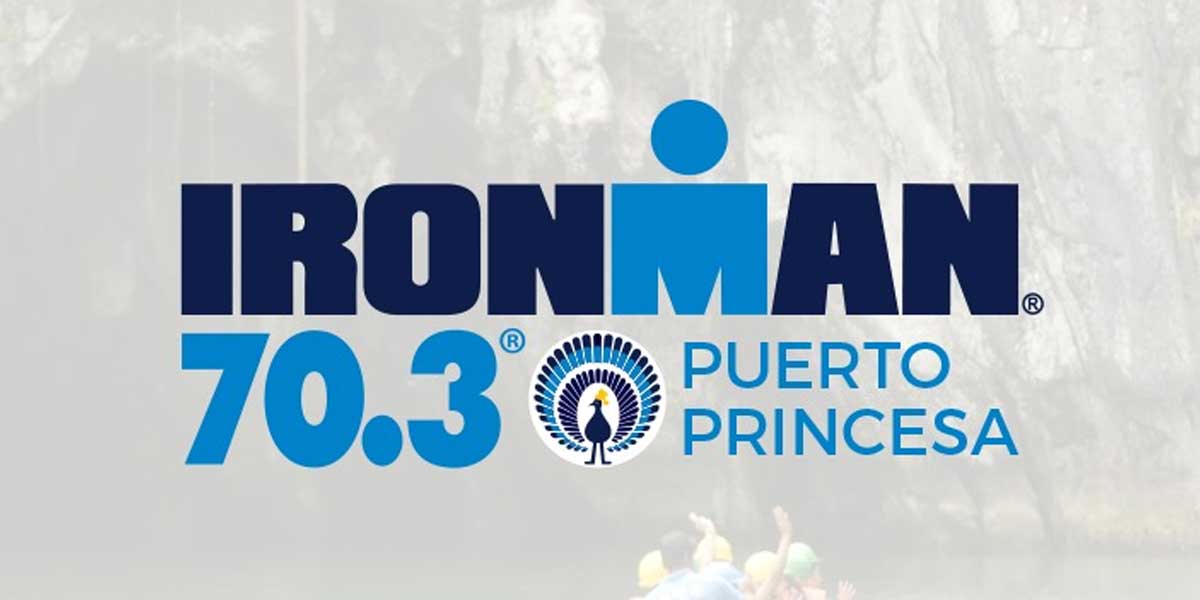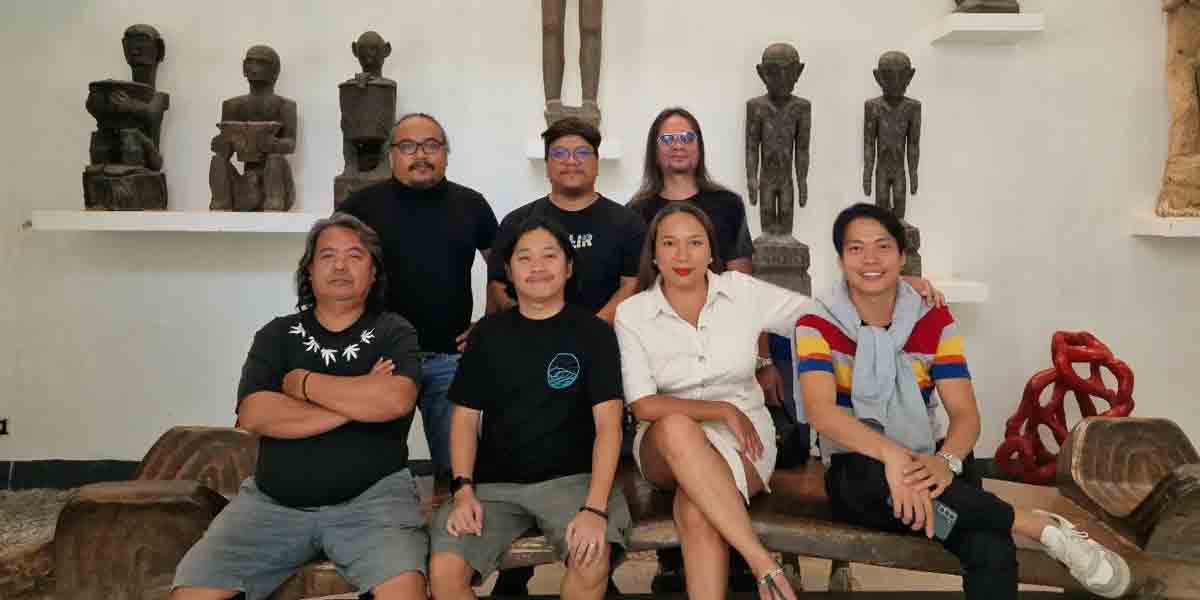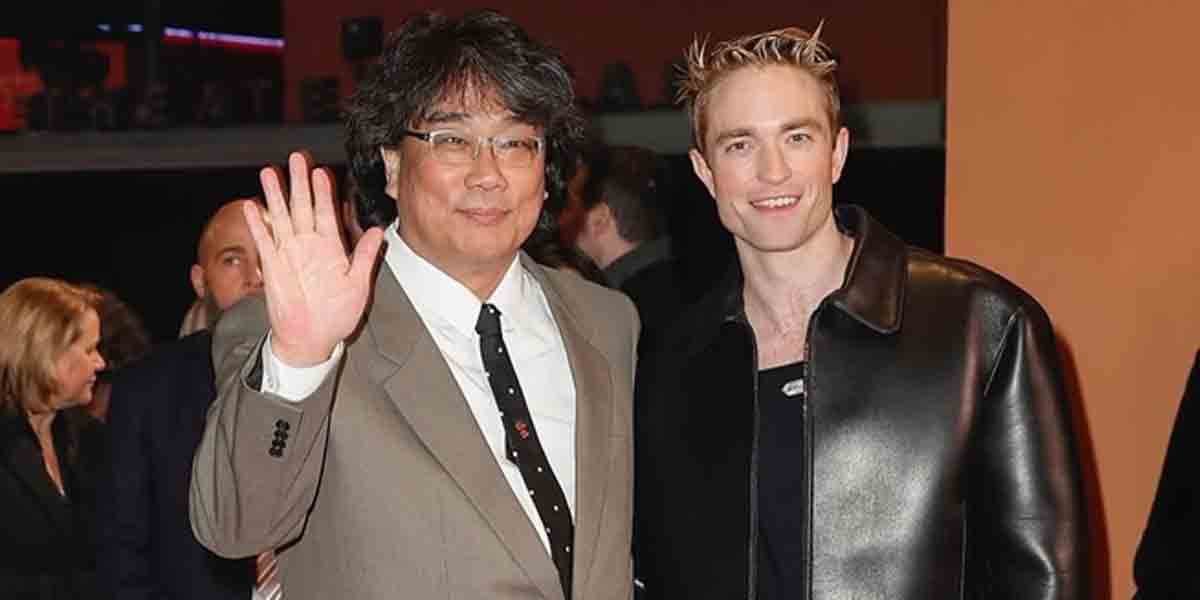By Alex P. Vidal
“Anyone who thinks my story is anywhere near over is sadly mistaken.” —Donald Trump
WE expect to watch former President Donald Trump walk inside the Manhattan Criminal Court before the scheduled arraignment for at least 30 counts of criminal cases filed against him in relation to hush money payment to a porn star before the 2016 presidential election at 2:15 in the afternoon on April 4 (Tuesday).
We will be in the vicinity before 12 noon and witness history unfold in New York City, where a former US president has been indicted and will face a grand jury, the first in the history of the United States.
We learned from Joe Tacopina, Mr. Trump’s lawyer in the case, that he did not expect the Mar-a-Lago-based former president to be handcuffed even if other details remain unknown, including whether Mr. Trump will have his mugshot and fingerprints taken.
New York state law does not allow for the public distribution of mugshots.
Because the charges against him did not include any violent felonies, we learned that Mr. Trump is expected to be released after his arraignment.
The indictment remained under seal as of this writing. It followed an investigation by Manhattan District Attorney Alvin Bragg that centered on a $130,000 payment fixer Michael Cohen, Mr. Trump’s former lawyer, made to adult film star Stormy Daniels shortly before the election where Republican Trump faced and defeated Hilary Clinton of the Democratic Party.
-o0o-
The case of former senator Ping Lacson shouldn’t be compared to the case of overstaying traveler and Pamplona, Negros Oriental massacre suspected mastermind Rep. Arnie Teves.
Lacson, a defeated presidential candidate, only asked Teves to get a good lawyer. For the record, he never made any suggestion to hide from the law like what he did when the former senator was ordered arrested by the Manila Regional Trial court on February 5, 2010 as the principal accused in the murders of publicist Salvador “Bubby” Dacer and his driver Emmanuel Corbito in November 2000.
Somebody might have tipped him of the warrant of arrest, thus Lacson fled the country on the evening of January 5 on Hong Kong-bound Cathay Pacific flight CX 904.
In other words, Lacson became a fugitive. Actually, Lacson is a bad example and his “trick” will probably give other fugitives an idea on what to do once a warrant of arrest has been issued against them.
As of this writing, Teves remained “missing.” He reportedly extended his stay abroad.
The murder case filed against Teves weren’t related to the murder of Negros Oriental governor Roel Degamo and eight others. They were the murders that happened in 2019.
The Department of Justice (DoJ) hasn’t yet formally charged Teves for Degamo’s killing although he has been tagged as one of the suspected masterminds.
-o0o-
The overview laid out by the U.S. Department of State—Bureau of Consular Affairs on visas for the foreign media, press, and radio is clear:
“Generally, a citizen of a foreign country who wishes to enter the United States must first obtain a visa, either a nonimmigrant visa for temporary stay, or an immigrant visa for permanent residence.
“Media (I) visas are for representatives of the foreign media, including members of the press, radio, film, and print industries, traveling temporarily to the United States to work in their profession engaged in informational or educational media activities, essential to the foreign media function. Activities in the United States while on a media (I) visa must be for a media organization having its home office in a foreign country.
“Activities in the United States must be informational in nature and generally associated with the news gathering process and reporting on current events.”
Those intending to fraudulently claim as media workers, especially shady vloggers paid by politicians for propaganda purposes and attempt to apply for a journalist visa (thinking they can’t make it if they apply for a tourist visa), please be warned there are additional documents that may be requested to establish if they are qualified. As examples:
-A journalist working under contract or freelance to a foreign media organization will need to present a valid contract of employment.
-An employee of an independent production company, with a few exceptions, will need to present a credential issued by a professional journalistic association.
(The author, who is now based in New York City, used to be the editor of two local dailies in Iloilo.—Ed)


